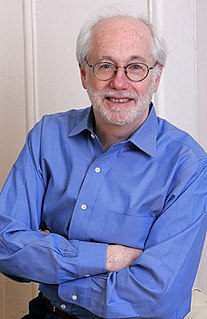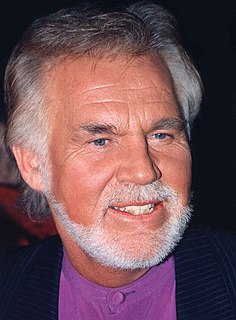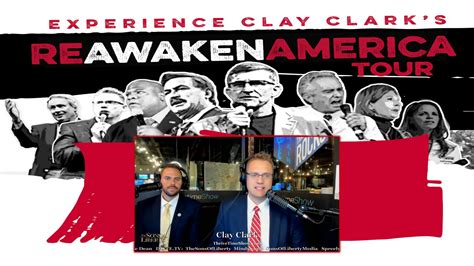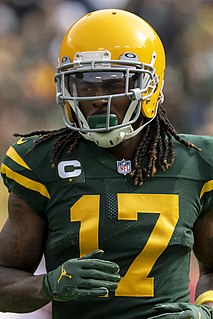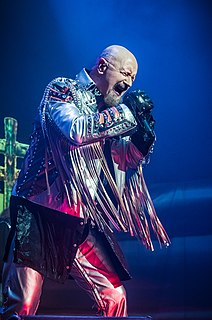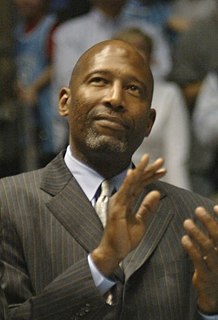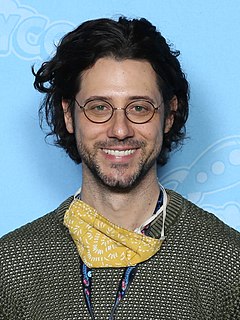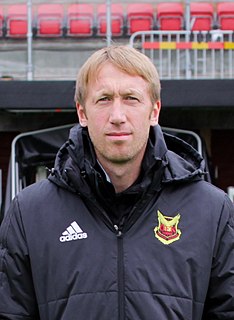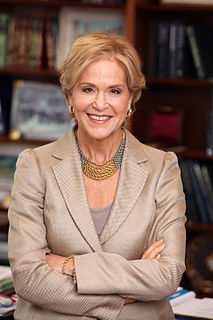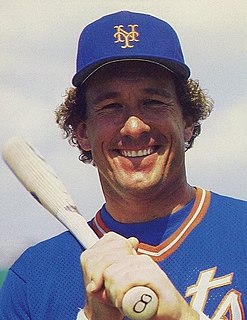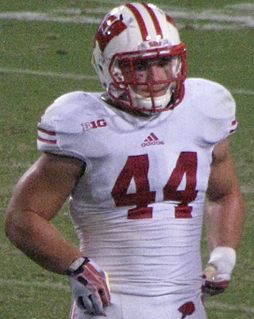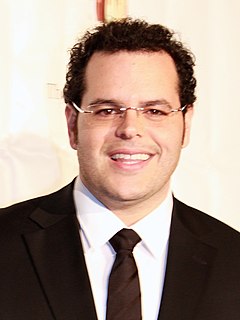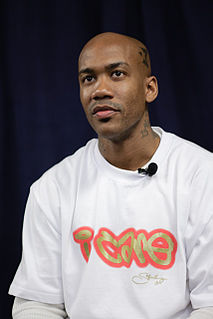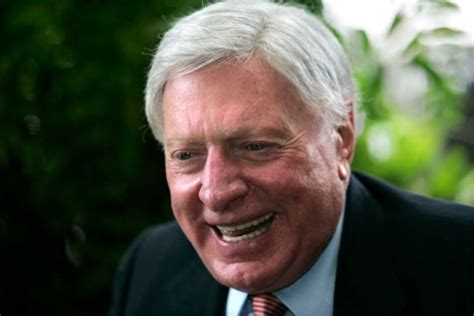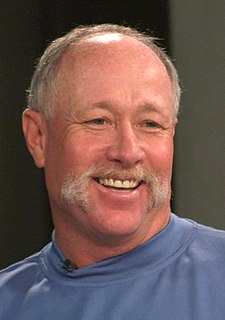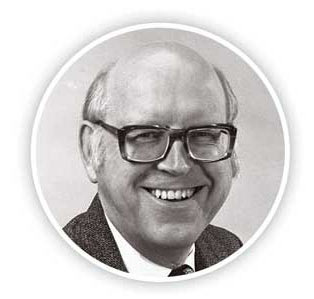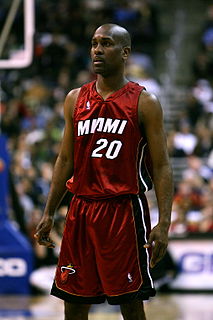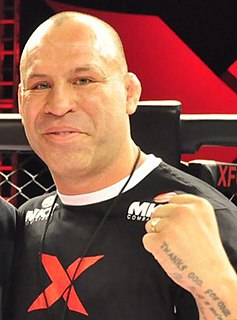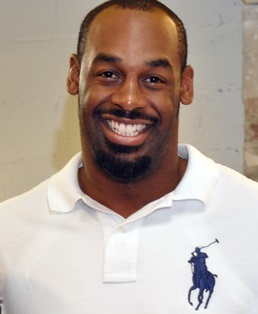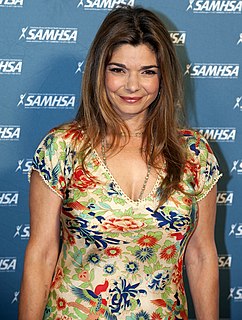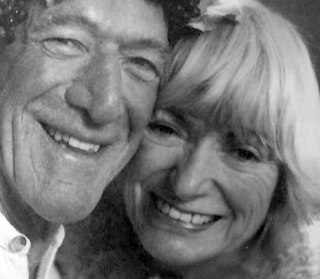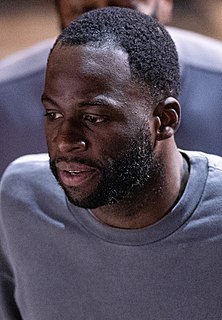Top 1200 Carnegie Hall Quotes & Sayings - Page 4
Explore popular Carnegie Hall quotes.
Last updated on December 20, 2024.
I went to high school directly across the street from Carnegie Mellon, actually, and I knew people that were a couple of years older than me that went there. I was able to see shows in the drama department, and hang out there little bit, and it just felt like a natural progression. It was at the top of my list.
Down the hall came the wife. She was glorious, burning. She didn't know yet that her husband was dead. We knew. That's what gave her such power over us. The doctor took her into a room with a desk at the end of the hall, and from under the closed door a slab of brilliance radiated as if, by some stupendous process, diamonds were being incinerated in there. What a pair of lungs! She shrieked as I imagined an eagle would shriek. It felt wonderful to be alive to hear it! I've gone looking for that feeling everywhere.
And who are you, the proud Lord said that I must bow so low? Only a cat of a different coat, that's all the truth I know. In a coat of gold or a coat of red, a lion still has claws. And, mine are as long and sharp, my Lord as long and sharp as yours. And so he spoke, and so he spoke, that Lord of Castamere, but now the rains weep o'er his hall, with no one there to hear. Yes, now the rains weep o'er his hall, and not a soul to hear.
I dropped out of school, but I didn't drop out of life. I would leave the house each morning and go to the main branch of the Carnegie Library in Oakland where they had all the books in the world... I felt suddenly liberated from the constraints of a pre-arranged curriculum that labored through one book in eight months.
I remember sitting in this pool hall with Stone and Chris and we watched - this really old, really classic pool hall - and we were sitting there and it was really rainy out and George Bush came on and started telling us about the [Gulf] war and that we were going and, and the whole thing, and there's part of that in it, when we talk about "I don't question our exsistence / I just question, our modern needs.
Well, when Eleanor Roosevelt's mother dies, she goes to live with her Grandmother Hall. And her Grandmother Hall is in mourning. She's in widow's weeds. She's in her 50s, but appears very old. And she's exhausted from raising rather out-of-control children. Her favorite daughter, Anna, has died (Eleanor's mother), and she has living at home two other sons, Vallie and Eddie. And they are incredible sportsmen, incredible drinkers, out-of-control alcoholics.
The Baseball Hall of Fame is something every player dreams about, but being a member of God's Hall of Fame is the greatest achievement of all. God offers each of us the gift of eternal life through Jesus Christ. When we accept God's gift of salvation, our name is written in the Book of Life, guaranteeing us a place in heaven forever. I made that decision during spring training in 1973, asking Jesus to come into my heart as Lord and Savior.
When I was in college at Carnegie Mellon, I wanted to be a chemist. So I became one. I worked in a laboratory and went to graduate school at the University of Pittsburgh. Then I taught science at a private girls' school. I had three children and waited until all three were in school before I started writing.
I went to drama school for four years at Carnegie Mellon, conservatory training before television comedy. I was doing Shakespeare and Chekov plays. It's about delivering on the promise of a $100,000 education and taking the shackles off and trying the hand at my craft. I'm thrilled with what I've seen so far.
If you look back at history, [Dale ] Carnegie highlighted the need for libraries to be a place where everyone could go to read if you didn't have access to books. Philanthropy can be a place that'll take a risk or point to areas to make sure they are the right government investments to reduce inequalities.
Money can add very much to one's ability to lead a constructive life, not only pleasant for oneself, but, hopefully, beneficial to others. My grandfather, along with Carnegie, was a pioneer in philanthropy, which my father then practiced on a very large scale. The Christian ethic played an essential part in my upbringing.
My second epiphany came as an intern at the Carnegie Endowment for International Peace. The man I worked for was consumed with what was going on in Bosnia. And the more I knew [about it] the more saddened I was. There were these images of emaciated men behind barbed wire.... It was like, I've got to find a way to do something.
The much-maligned idle rich have received a bad rap: They have maintained their wealth while many There is scarcely an instance of a man who has made a fortune by speculation and kept it. Andrew Carnegie of the energetic rich, aggressive real estate operators, corporate acquirers, oil drillers, etc. have their fortunes disappear.
The only urgency that I ever had was when my mom was alive. She died last year in September of 2006. She was my number one fan and she always said I'd love to see you go into the Hall of Fame. That was the only urgency that I ever had that I wish if I was going to go into the Hall of Fame that certainly it would've happen when she was around, but it didn't and now that she's passed.
In joint scientific efforts extending over twenty years, initially in collaboration with J. C. Shaw at the RAND Corporation, and subsequently with numerous faculty and student colleagues at Carnegie-Mellon University, they have made basic contributions to artificial intelligence, the psychology of human cognition, and list processing.
The 'snakebot', which is a type of mechanized, biologically inspired robot, itself has roots in Japanese laboratories of the 1970s. What the team at Pittsburgh-based Carnegie Mellon is doing today under professor Howie Choset is making the 'snakebots' stronger, smaller, and more maneuverable than ever.



